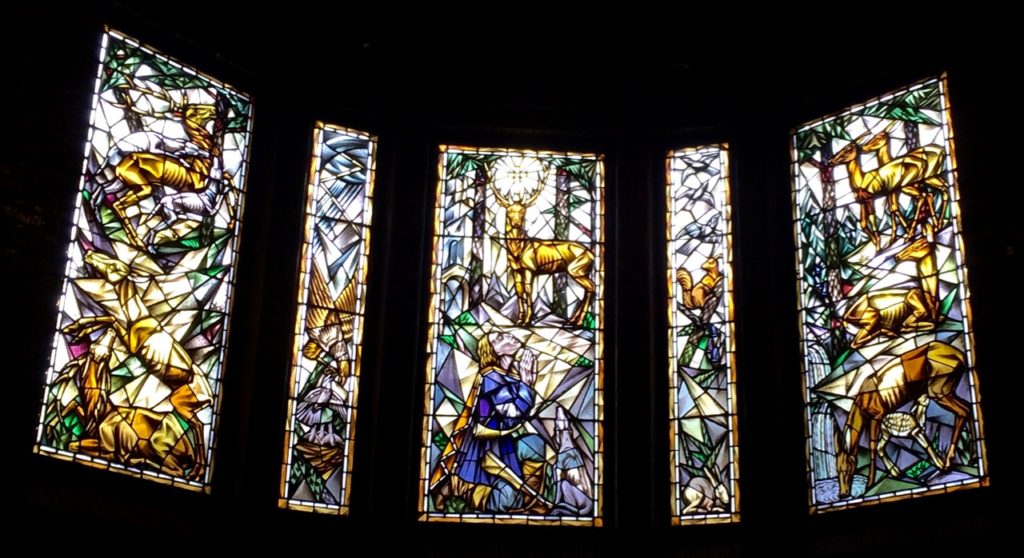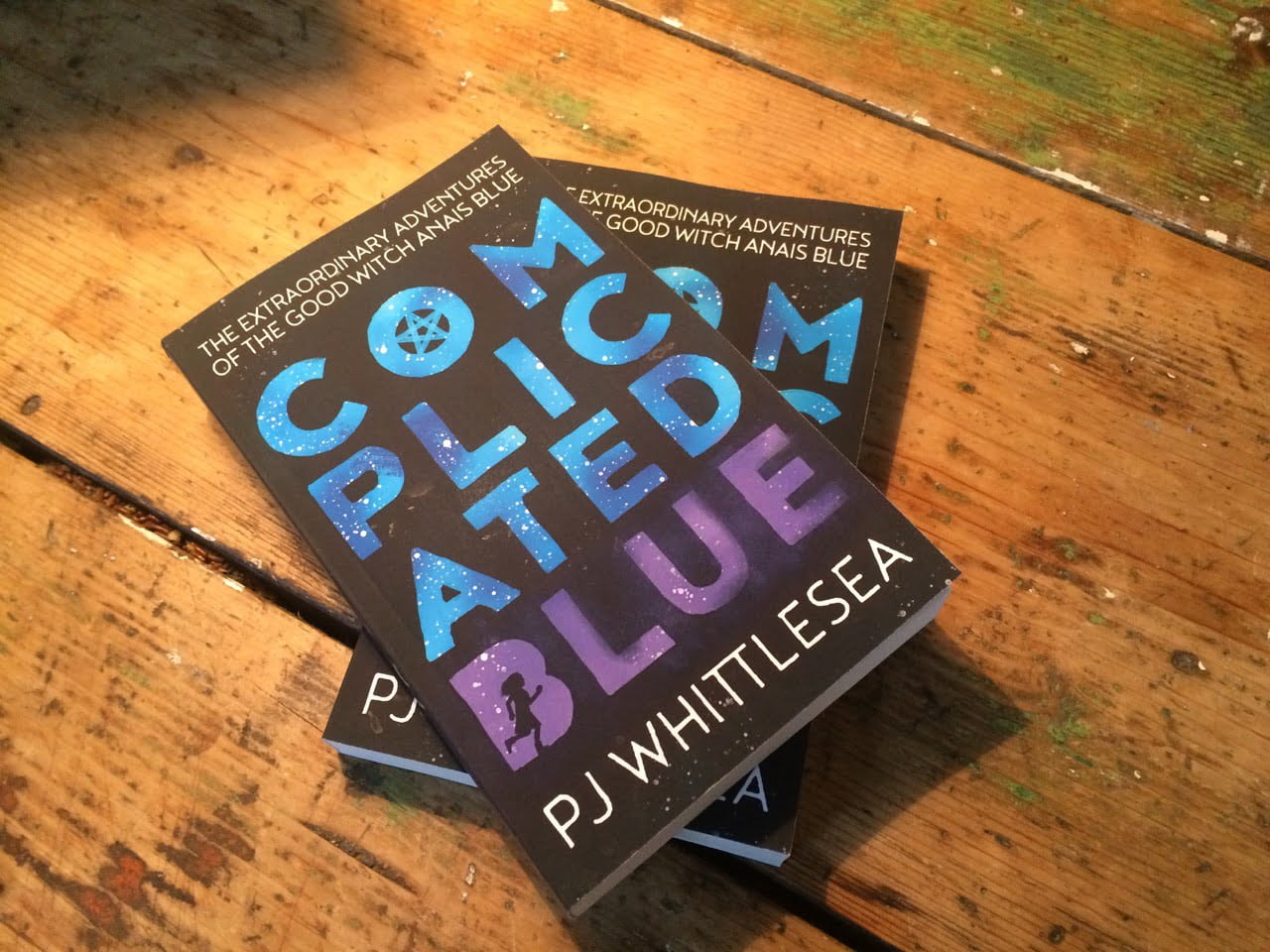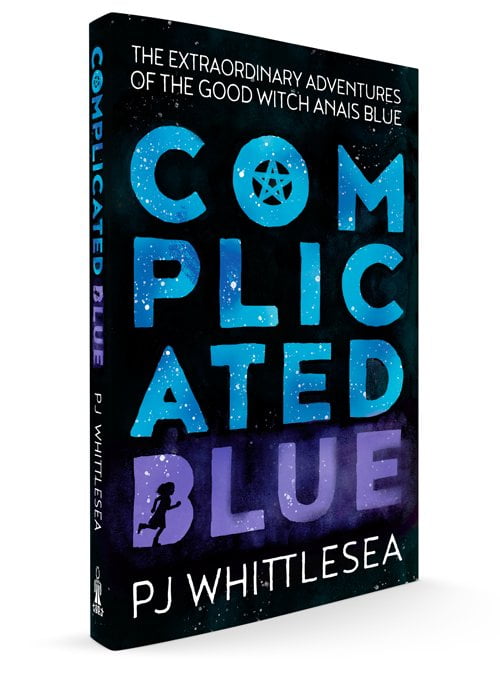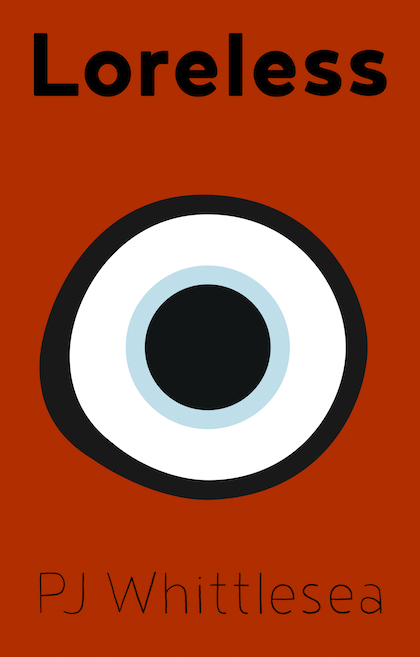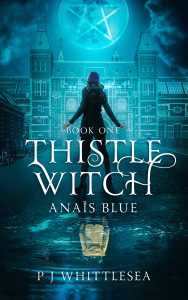How To Write A Really Big Story
I find myself in unknown territory. A year ago I started writing a story about a witch.
It almost grew by itself.
At some stage I decided the story had the potential to be bigger than just one book.
This is when I realised I should write a series.
I put the idea aside and concentrated on finishing the first book.
Series or no series, the first novel had to stand alone. It needed to be a complete story, even if the characters went on to do more daring deeds.
I am now halfway through the first draft of the second book.
In some way the characters are driving the story and, having edited and re-edited the first book so many times, I had the opportunity to get to know them better.
I feel I know them well.
But it wasn’t like that in the beginning.
Before I had made it through the first 10,000 words I had to stop.
I realised that, without fully understanding the world I was writing, I could not continue. I realised that beyond the separate books in the series, there needed to be an all encompassing story.
I needed a much bigger story.
There are all the minor details:
- Who or what are witches?
- What is the spirit world?
- What is the story world?
- Who is the foe?
- What are they all capable of?
Beyond all that there needs to be a greater drive behind the story.
Something which has to be original and surprising at the same time, something which gives the overall story impetus.
Something which gives the characters a reason to exist, something bigger than even them.
In our own world, the real one, we have the same developments.
We have our weekly, monthly and yearly actions. Over a lifetime we grow, develop and do things differently. We slowly become one with our own world.
We gradually work out what it is we are supposed to be doing.
We all find bigger goals.
They might not change the world at large, but they influence what it is we do in our own lives.
There are many facets to my witch story.
There is Anaïs and her growth as a young woman, her search for knowledge about what she is and her journey to find her true purpose.
There are many minor characters who are also going through change. They influence Anaïs’s world but are also living out their own lives, or in some cases deaths.
However, something has to tie it all together.
The other day I caught a snippet of an interview with J. K. Rowling where she was asked how much she knew about her story before she wrote it.
She said she knew the major points in the story, how things began and ended and what needed to happen to achieve all this. But she didn’t know all the details.
That was the fun part about the writing, she said.
Filling in the gaps is what makes writing so fulfilling.
You need an overall sketch, a spine to your story, in order to know where you are going. However, the individual scenes only truly come out when you sit down to write.
As a writer you have to be flexible.
You have to go with the muse, so to speak. It is only when you let your imagination run wild that the most fantastic things start to occur.
It helps to have a framework in place, but how you fill it in is in the hand of the gods. The only limitation is how far you are willing to let your fantasy go.
Every well-constructed story still needs room to breathe and find its own way.
Unfortunately, or fortunately, depending how you look at it, it will only come by sitting down and letting your mind go. You have to put in the hours.
In the end, the muse or whatever you want to call it, needs to get out and play.
Just write, don’t think and give it all the time it needs.
Let it be your guide.
Is creativity your guide?
Leave a comment below or join the mailing list and let me know.
